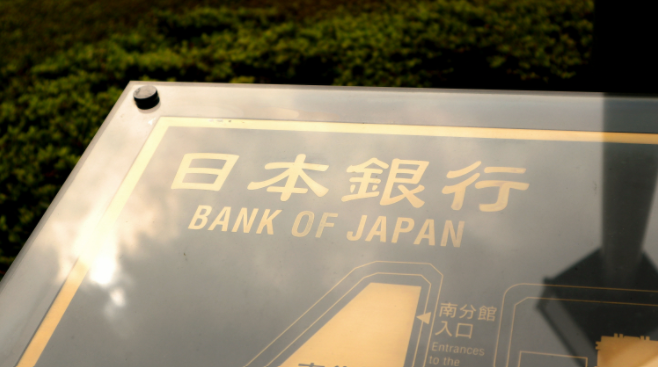Japanese finance minister Shunichi Suzuki said the government must explore buying the Bank of Japan’s (BoJ) ETF holdings at book value as part of a programme to distribute wealth to the country’s younger citizens.
Suzuki’s proposal came as part of a press conference given at the meeting of G7 finance ministers and central bank governors on 13 May, with the suggestion initially having been made by an opposition party member, Reuters reported.
"The government must look into whether it is permissible to buy [the BoJ's ETF holdings] at book value for the purpose of securing sources of revenue," Suzuki told parliament.
This follows calls from academics to boost the wealth of Japan’s younger generation, with the country’s ageing population meaning around 60% of all household financial assets are held by people aged 60 or above.
By March 2023 the BoJ’s earnings data showed its ETF holdings stood at a market value of $379.5bn and a book value of $265.8bn.
Distributing this sum of assets will raise several important questions surrounding the price impact of inevitable redemptions by end investors.
In 2021, the BoJ announced it would cease purchases of ETFs tracking Nikkei 225 and 400 indices in favour of broader TOPIX ETFs.
The decision saw 6.1% wiped from the Nikkei 225 index in a single session, with the ETFs tracking the benchmarks expected to miss out on up to $13.8bn of ETF purchases each year.
There is also no consensus on the terms of such a programme, with BoJ governor Kazuo Ueda saying it is too soon to discuss the details of offloading its considerable stockpile of ETFs.
"When achievement of our price target is foreseen, we will debate specifics at our policy meeting and disclose the information," he said.
However, he added in principle the BoJ would look to sell the ETFs to the government at market value rather than the proposed value, a difference of just under $114bn.
The policymaker began buying ETFs in 2010 as part of its effort to maintain its 2% inflation target. By 2021 it had conducted a total of $430bn in equity purchases.
Prior to overhauling its balance sheet strategy, the BoJ owned 80% of all domestic equity ETF assets, equivalent to 7% of Japan’s $6trn stock market.



